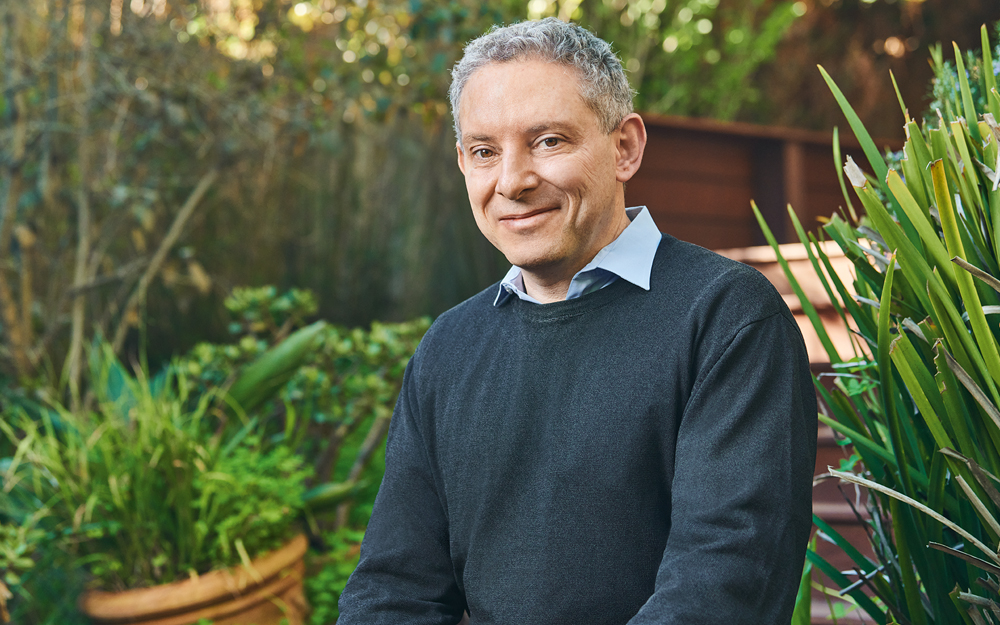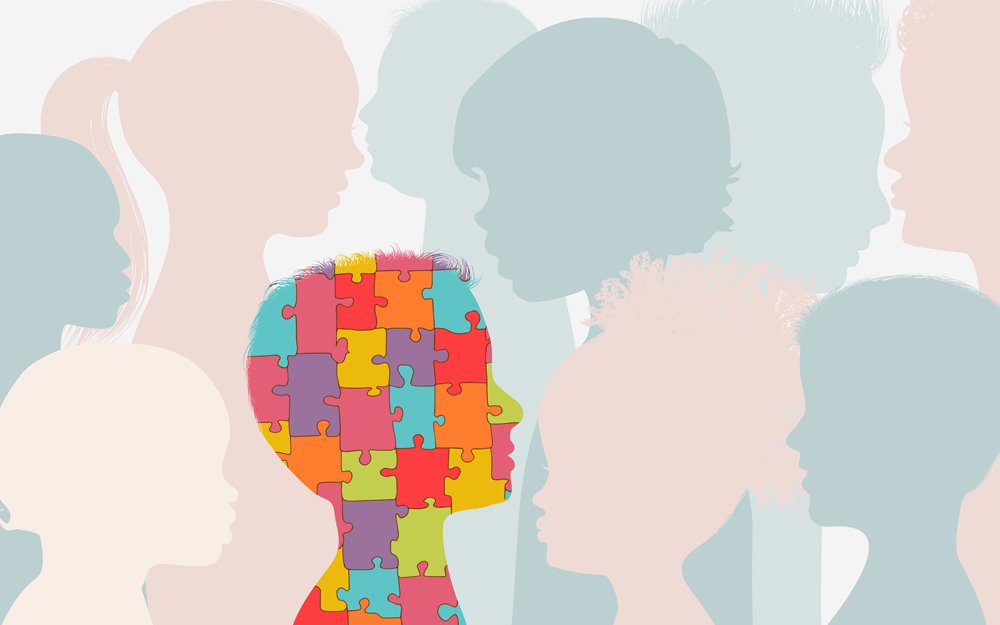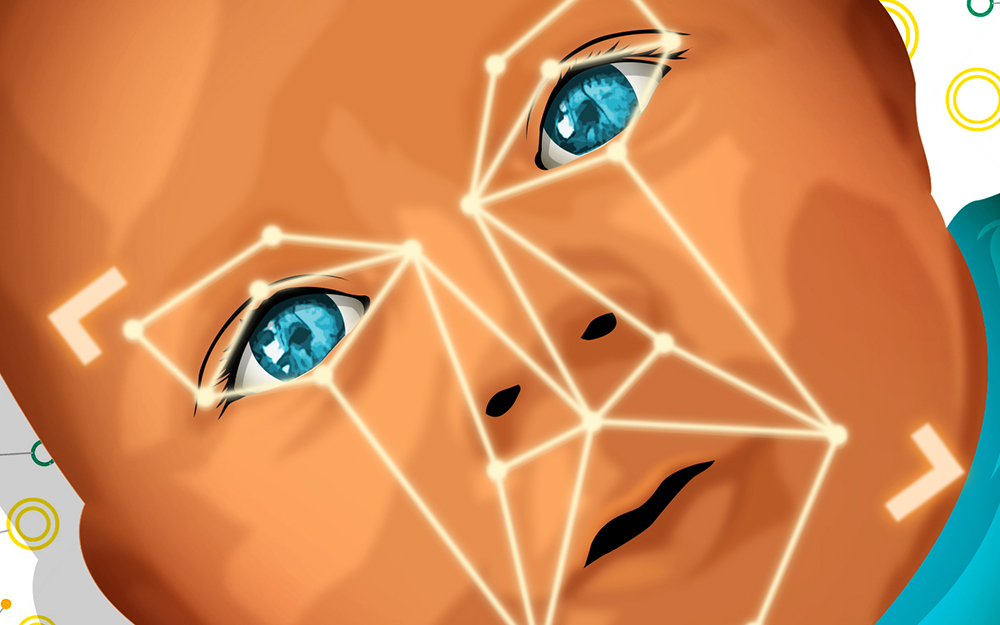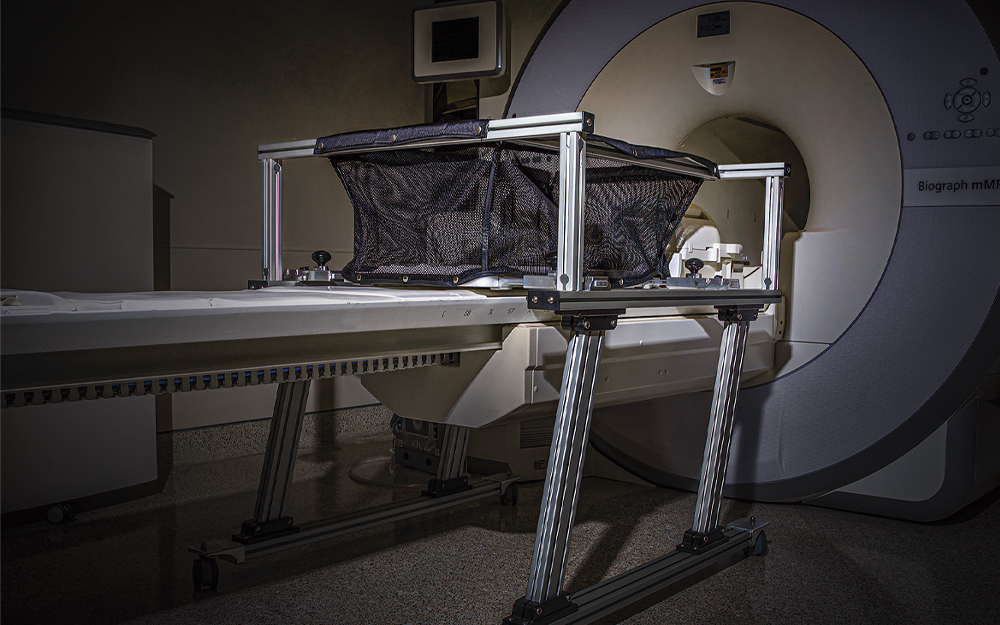Six Questions With Ophir Klein, MD, PhD
Date
June 1, 2022
Credits

Date
June 1, 2022
Credits
Medical providers featured in this article
In Brief
{{cta-block}}
Ophir Klein, MD, PhD, aims to establish Cedars-Sinai as a destination for children and their families in the Los Angeles community and beyond. Klein, the David and Meredith Kaplan Distinguished Chair in Children’s Health, is the inaugural executive director of Cedars-Sinai Guerin Children’s, a new initiative that will offer the full spectrum of pediatric specialties as well as a robust research program and training for future pediatricians. Guerin Children's has been made possible by the generosity of the Shapell Guerin Family Foundation and its president, Vera Guerin, a longtime Cedars-Sinai supporter who is the immediate past board chair of Cedars-Sinai Health System. We asked Klein what the future of pediatrics might look like.
Is there an area of pediatrics that particularly requires the attention of the medical community in the next 10 years?
One of the most important areas for us to think about is the childhood roots of adult disease. Whether they’re infectious, environmental or societal, many of the impacts that children experience are important in determining the course of their future health. There is intriguing evidence that early childhood events are at the root of several different adult illnesses. What we do isn’t just important for children but for the adults they will become.
What advancements would you like to see in how we educate and train new pediatricians?
Training is going to be a very important part of Guerin Children’s. We’re going to start with a pediatric residency program and then develop several fellowships. There will also be a major technology component baked into our programs. In the future, being technologically savvy—whether that’s developing computational skills, mastering genomic technologies or embracing telemedicine—is going to be extremely important for physicians.
How do you think innovations in vaccine development and delivery will impact childhood diseases?
Hopefully, one long-term result of the pandemic is that it will give a boost to vaccine development; this will not only help us deal with emerging diseases that can impact us locally but also will address diseases in underdeveloped regions of the world. There are many parts of the world where infectious disease plays a huge role in childhood illness and mortality. Part of our mission as clinician-scientists is to think globally; it’s an important part of medical research.
Why did you become a pediatrician?
I have a PhD in genetics, and I’m interested in developmental biology. A great number of childhood diseases have genetic origins—more than a third of hospital admissions have to do with congenital anomalies. Plus, in pediatrics, if you cure a patient who has a serious disease, you are giving them their whole life back.
In the Blog: Clinical Trials in Children: What You Should Know
What research avenues are you pursuing?
My laboratory is interested in figuring out how organs form in the embryo, and how they renew and regenerate in the adult. We call this field developmental and stem cell biology. We focus on craniofacial development and intestinal biology. These days, we’re interested in questions of cell identity and fate: How does a cell determine who it is and what it does? How is this identity malleable in the face of damage and regeneration? For example, in inflammatory bowel disease, we study the stem cells in the gut and try to understand how they sense there’s been an inflammatory flare and how their neighbors respond to these insults. If you understand how cells sense what’s going on around them and how they react to differences, then it enables you to think about how you could evoke different or better responses from them under conditions of damage. When you have inflammation, a neighboring cell’s response might be to further rev up, but it would be more helpful if it calmed the inflammation.
When you consider pediatrics at Cedars-Sinai decades into the future, what are your hopes?
We have an unusual opportunity to impact the health of the community and beyond with this effort. Our hope is that Guerin Children’s is going to touch a lot of lives from early life through the transition from pediatric to adult care. Our vision is to create a premier pediatric program that will serve patients in the region as well as nationally and internationally. We’re going to build something that not only will be clinically outstanding, but also will have a very strong research program that will seek cures and help us understand disease mechanisms.





